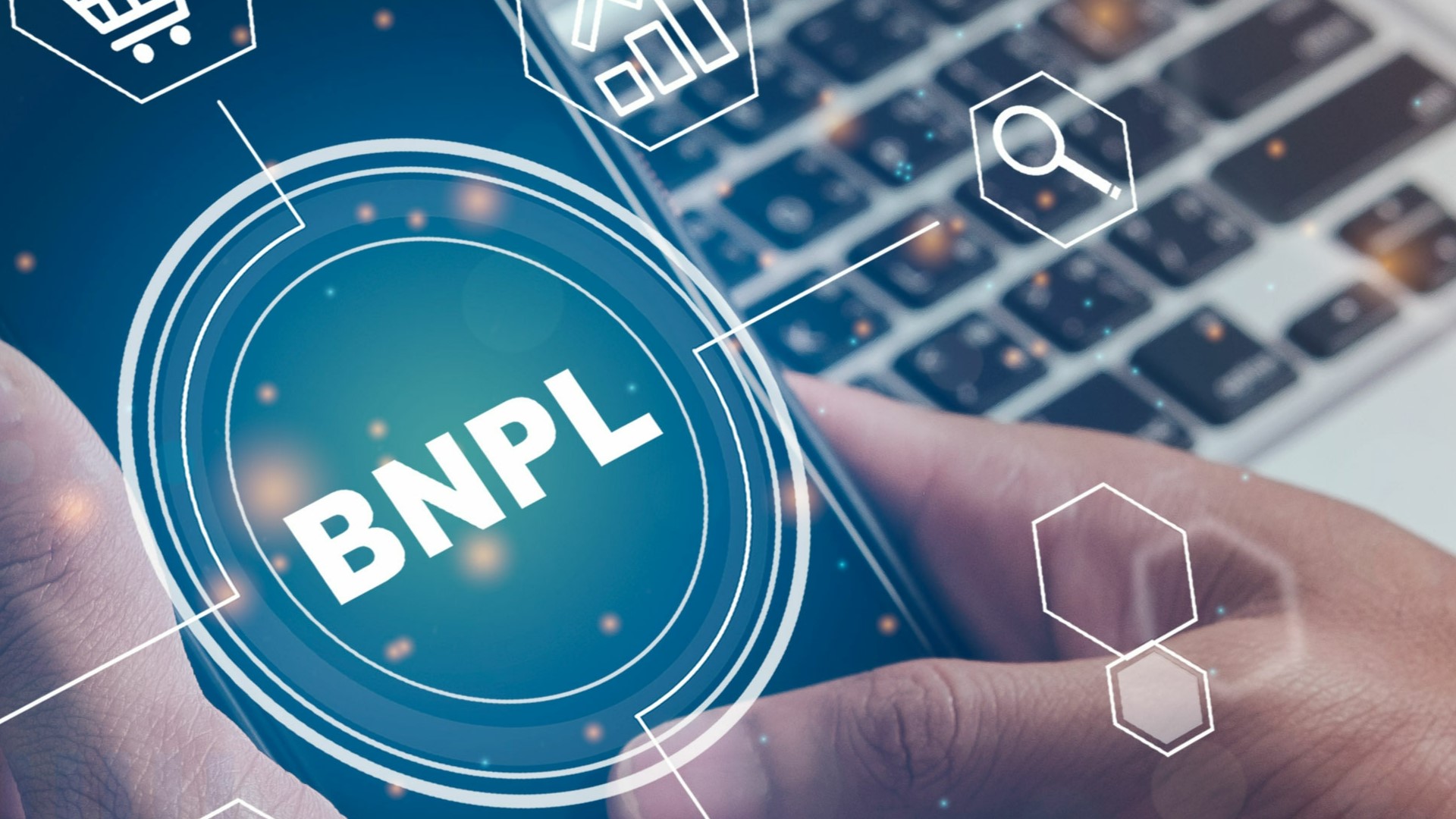GREENSBORO, N.C. — Buyer, beware: when something sounds too good to be true, it usually is.
The Government Accountability Office (GAO) confirms debt is at an all-time high in the first part of 2024, and Experian reports 16 percent of Americans have bad credit. These two factors, coupled with persistently-high inflation, are why financial literacy author Ja'Net Adams, founder of Debt Sucks University, is noticing a phenomenon.
"The credit card has been king for decades when it came to consumers not using their own money to buy something. Now, there is new competition, and it is growing fast," she said.
WHO IS THE NEW
That new competition is "buy now, pay later" -- a type of program available through various companies, like After Pay and Affirm. These programs allow a customer to purchase an item and then pay for it in "interest-free" installments.
RELATED: VERIFY: ‘Afterpay’ shopping site is legit, but be cautious with installment payment services
"One of the main differences of "buy now, pay later" is that unlike credit cards, these programs don't show up on your credit. Buy now, pay later has grown a lot. In fact, $200 billion was spent last holiday season," she said.
COMPETITION DANGER TO CONSUMERS
The big catch is late fees. If those installment payments don't come in on time, the fees could snowball.
"These programs, at first glance, look like a great idea, but consumers need to be careful. You can now "buy now, pay later" on clothes, electronics, airplane tickets, learning courses, even your groceries," Adams explained.
She said someone who uses this method on most purchases is in danger of defaulting on payments and diving deeper into debt.
THREAT TO THE ECONOMY
The threat expands beyond the consumer, too.
"Buy now, pay later programs could be a danger to the economy. No one really knows how many people are using "buy now, pay later," which means we don't know how much debt has been taken out," she said.
When consumers get behind on payments, they could take hits on their credit, preventing future expenditures like home buying. Adams also noted the "buy now, pay later" companies, themselves, could suffer or even go out of business entirely.
"Buy now, pay later may look like a great convenience right now but could be a ticking time bomb," she concluded.

